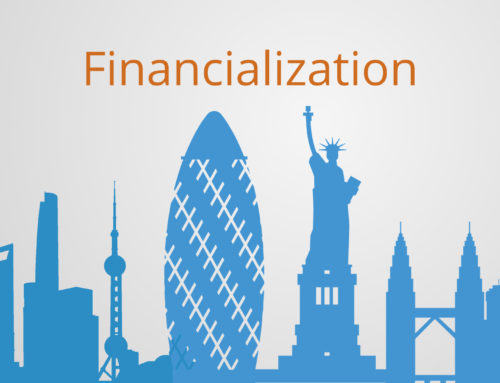Integrated Water Management
Water flows through almost every part of our economies and everything we do. It connects, agriculture, health, energy, food, environment and conflict. Of all the domains to an economy it is likely to be the most resistant to a reductionist approach to management. Current and foreseeable trends indicate that water issues of the near future will continue to become increasingly more complex, they will likely become more interconnected with other development sectors like transportation, agriculture, energy, industry, and communication, and with social systems like health and rural development.
The current water crisis should be seen as an inflection point when water can no longer be viewed in isolation by one institution or any one group of professionals without explicit and inclusive consideration of other related sectors and issues and vice versa. In fact, it may be posited that the time is already here when water policies and significant water-related issues should be understood, analyzed, and resolved within an overall societal and development context instead of simply as technical and the exclusive domain of a limited number of professional organizations.
“An integrative approach to water management is one that is all inclusive but effectively coordinated and collaborative approach that involves all the multidisciplinary aspects of water, such as economics, law, engineering, water science, knowledge of aquatic ecosystems and so on and so forth that are necessary to attain sustainable water management and development.” - Kasenga Hara International WaterCentre
Integrative water management is “a process which promotes the coordinated development and management of water, land and related resources, in order to maximize the resultant economic and social welfare in an equitable manner without compromising the sustainability of vital ecosystems”.
This more integrative approache is already emerging as an accepted alternative to a more domain specific, top-down management style that has dominated in the past. Integrated water management cuts accross tradional domains, being designed as an alternative to the traditional, fragmented domain based approach to water management that has contributed to unsustainable resource use. This approach is based on the understanding that water resources are an integral component of the ecosystem, a natural resource, and a social and economic good. We can define integrated water management by a number of key principles:
Systems Thinking
Water is finite and every usage is interdependent with every other, if we use more water in coal plants to produce energy there will be less for agriculture. If water is polluted through over fertilization then this will runoff and create nutrification within local lakes and streams. Water don’t just disappear it carries the history of its usages with it. A true systems approach recognizes the individual components as well as the linkages between them, and that a disturbance at one point in the system will be translated to other parts of the system.
Inclusivity
Inclusivity means the full participation by all stakeholders, including workers and the community. This will involve new institutional arrangements as organizations need to incorporate all appropriate stakeholders; decisions should be devolved down to the lowest level. Collaboration should be at the heart of a community’s management of its water, and some form of exchange platform may be required to achieve this. Different stakeholders need a high level of autonomy, but this must at the same time be associated with transparency and accountability for all decisions.
Value
Water allocations should be aimed at maximizing water benefits to society as a whole and optimized through benefit and cost. The logic being that users do not value water provided for free, or close to free, and have no incentives to conserve water in such a case. Full cost pricing complemented by appropriate subsidies to ensure those that need water get it, but that they also value it. This means looking for the feedback loops to make sure people’s incentives are aligned with those of the whole water system in conserving water. The best management is really distributed management where everyone takes responsibility for water, and the market provides one system for achieving this, but it has to be used carefully to ensure that water don’t become poorly distributed due to economic disparities.





























